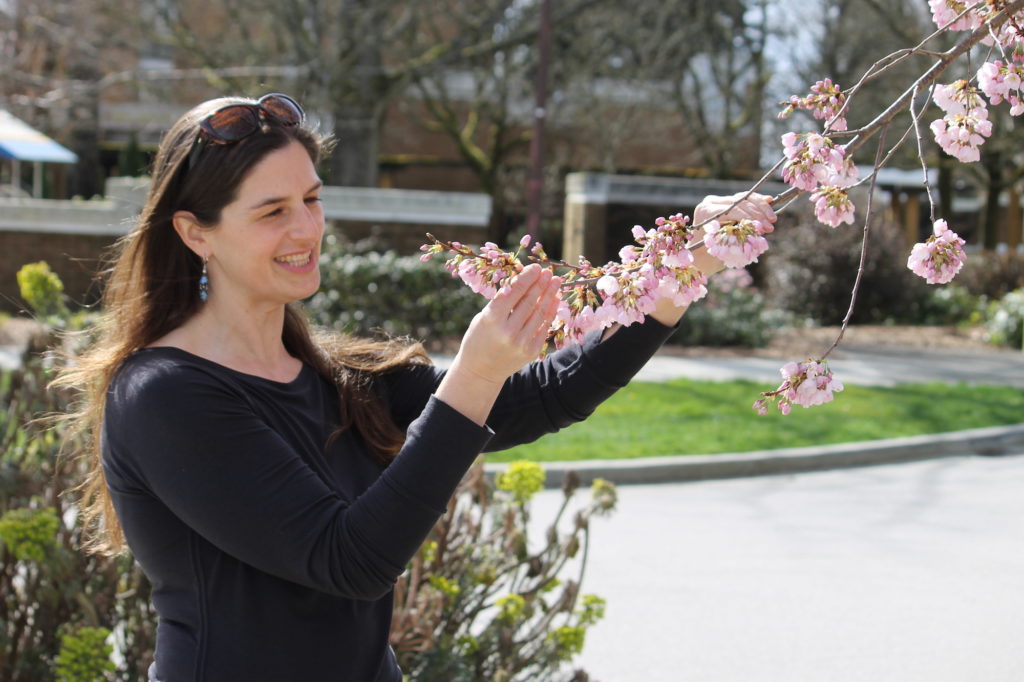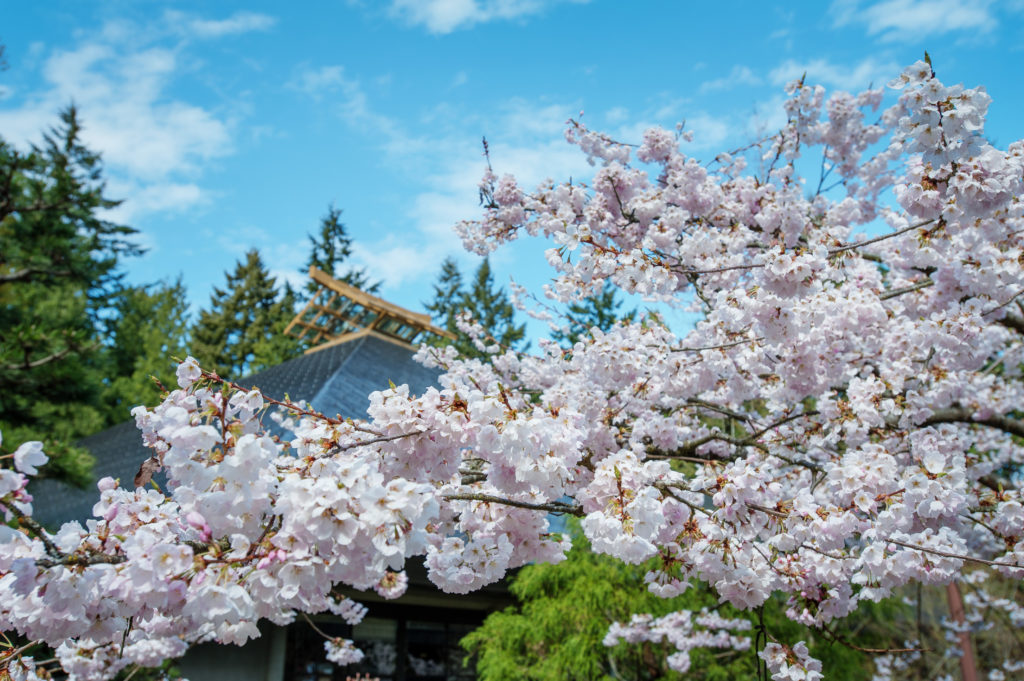
The world’s first international cherry blossom prediction competition brought together citizen scientists from around the world to predict peak bloom. Dr. Elizabeth Wolkovich of the University of British Columbia’s Faculty of Forestry, together with colleagues Dr. Jonathan Auerbach and Dr. David Kepplinger of George Mason University, organized the competition, which included 41 teams from four continents. Competitors were given the challenge of predicting when the cherry blossoms will peak in four cities: Kyoto, Japan, Washington, D.C., Vancouver, B.C., and Liestal-Weideli, Switzerland.
Many elements, including recent local weather patterns, temperatures, and the amount of daylight, play vital roles in the blossoming of cherry blossoms, making it challenging to predict when they will be at their peak. Engaging the public in the process, according to Dr. Wolkovich and her colleagues, would be a fun approach to get more accurate findings.

“My collaborators and I […] came up with this cherry blossom competition idea because we believe that having more people modeling cherry blossom flowering will bring us better models and better insights,” says Dr. Wolkovich. “Over the long term, we could apply this model to study the climate response of other plants and trees and scale up to improve models of carbon storage and climate change itself.”
Findings from the competition suggest that Saturday, April 2, will be the average forecasted peak bloom date for Vancouver. The average forecast for Kyoto is April 3, Liestal-Weideli is April 2, and Washington, D.C. is April 1.
To read the full story, please visit the UBC News website.
UBC is committed to integrating its research efforts with community interests in British Columbia and beyond through Strategy 16: Public Relevance.